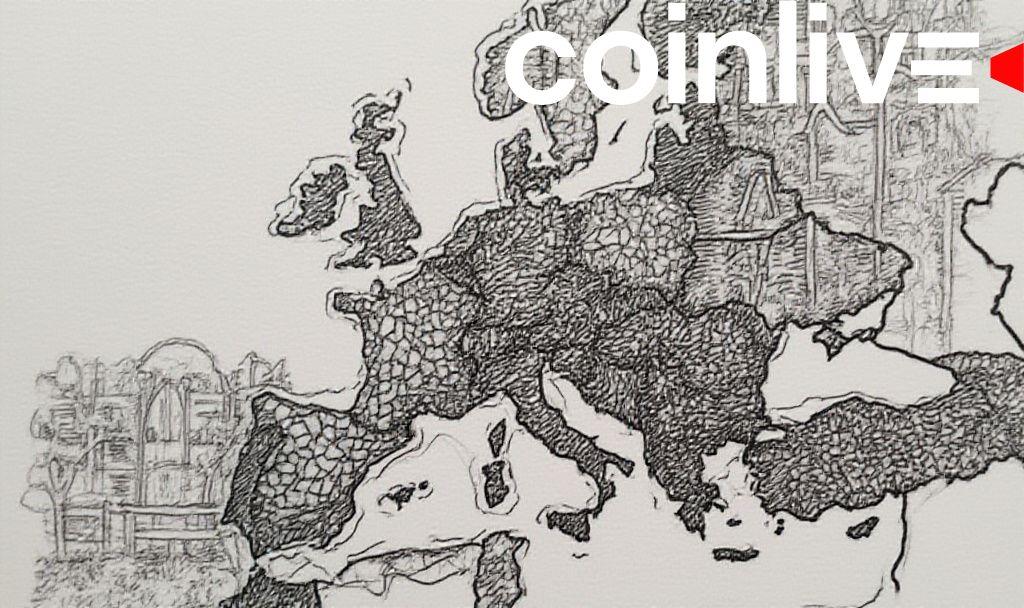- The EU bans anonymous crypto accounts, privacy coins by 2027.
- AMLR affects financial institutions within the EU.
- EU aims for stricter crypto regulatory oversight.

The European Union approved the Anti-Money Laundering Regulation, set to prohibit anonymous crypto accounts and privacy coins by July 1, 2027, affecting EU financial institutions.
AMLR: A Pivotal Shift in EU Financial Governance
The regulation reflects a broad effort to curb financial crime and enhance transparency in the crypto market, marking a pivotal shift in EU financial governance.
The European Union has officially passed the Anti-Money Laundering Regulation. This legislation targets anonymous crypto accounts and privacy coins like Monero, aiming for increased transparency. It affects financial entities and crypto service providers in the EU. The new law enforces a ban on privacy-focused cryptocurrencies such as Monero, Zcash, and Dash. Additionally, it prohibits anonymous crypto accounts and wallets, requiring KYC for transactions over €1,000.
These regulations could lead to a decline in anonymity-driven exchanges within the EU. Financial institutions and crypto service providers will need to adjust their operations.
According to a Binance Post, “The significant changes to regulations will likely prompt additional responses from industry leaders in the near future.” The law may also impact related markets. The prohibition on privacy coins could cause a shift in user preferences towards more transparent alternatives. Many Decentralized Finance (DeFi) projects may face challenges adapting to these regulatory changes.
The Anti-Money Laundering Authority will oversee compliance, ensuring adherence by major crypto exchanges. The shift in regulation may influence global markets with potential adaptations in DeFi protocols. Historically, regulatory changes have led to shifts in financial asset listings and usage patterns, as seen in previous delistings of privacy coins. Looking forward, the enactment of AMLR may cause European financial entities to increase spending on compliance to avoid potential fines.








